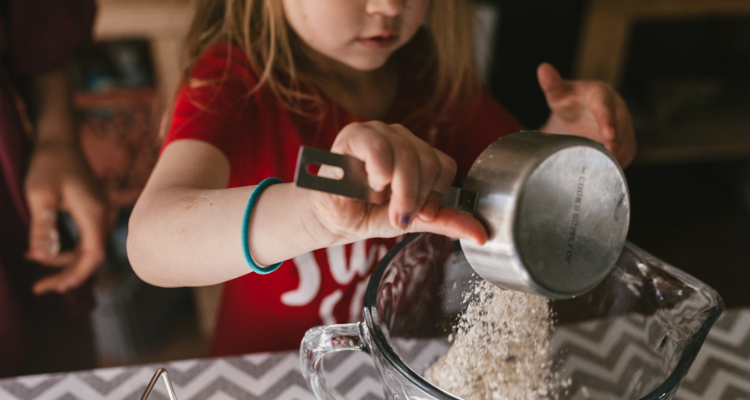
As a parent, we are constantly confronting the urge to solve our children’s problems while allowing them to grow by navigating challenges on their own.
How do you know when it’s time to step in and help? How do you know if your child is capable of handling a tough situation alone? This article explores these questions and offers ways to help your children build confidence and resilience as they face difficulties on their own.
When to Help: Do Your Children Need You to Step In?
It can be difficult to know when to help your child and when to let them deal with a difficult situation alone. Here are some factors to consider when you’re in this situation:
- Age and Developmental Stage: Younger children generally need more assistance and guidance when facing difficult situations, while older children may be able to handle more challenging situations on their own. Consider your child's age and developmental stage when deciding how much support to offer.
- Safety Concerns: If the situation poses a safety risk to your child, it is important to step in and provide immediate assistance—regardless of their age.
- Emotional Well-being: If your child is feeling overwhelmed or distressed, your emotional support and guidance may help them cope. Sometimes, simply letting them know you are present and available to talk or offer a hug is enough to help them through a challenging moment.
- Past Experience: Consider your child's past experiences in similar situations. If they have successfully navigated challenges in the past, they may be able to handle the present situation on their own. However, if they have struggled with similar difficulties, they may need more support.
Ultimately, your decision depends on the specific situation and your child's needs. Be supportive, offer guidance, and encourage your child to communicate their needs and feelings so you can better assess which approach to take.

10 Ways to Help Your Kids Build Confidence and Resilience
Building confidence in children is an important part of parenting that will support their emotional well-being and success in life. Here are some tips on how to build confidence in kids:
- Encourage them to try new things: Children who are encouraged to try new things, even if they fail, learn to take risks and build confidence in their abilities.
- Praise effort over results: Instead of praising your child for getting an A in a test, praise them for the effort they put in. This will help them see that hard work is important, even if the outcome isn't perfect.
- Allow them to make mistakes: Making mistakes is part of the learning process. Children who are allowed to make mistakes and learn from them are more likely to build confidence in their abilities.
- Give them responsibilities: Giving children responsibilities such as taking care of a pet or helping with household chores can help them feel capable and confident.
- Show interest in their passions: When children feel their interests are valued, they are more likely to pursue them with confidence.
- Focus on their strengths: Help your child identify their strengths and encourage them to develop those strengths further. This will help them feel competent and confident in their abilities.
- Be a positive role model: Children learn by example. If you model confidence and positivity, your child is more likely to follow suit.
- Lay the foundation with a healthy diet and lifestyle: To thrive physically, mentally, and emotionally, children need a solid foundation of nourishing foods, physical activity, and down time. As a parent, it’s up to you to lay this foundation—especially for younger children. If you notice changes in behavior that seem out of the norm, speak with your integrative pediatrician about possible supplement options to support focus, concentration, tranquility, and overall balanced behavior.*
- Teach problem-solving skills: Help your child develop problem-solving skills by teaching them how to identify problems, brainstorm solutions, and evaluate the effectiveness of their strategies.
- Encourage autonomy: Provide your child with opportunities to make choices, take risks, and solve problems independently. This will help them develop a sense of control and agency.
Takeaway: Build Confidence and Resilience with Safety and Love
Teaching your child confidence and resilience is an ongoing process. Creating a safe and loving environment that allows them to take risks, learn from mistakes, and develop a positive sense of self is one of the most important steps in this process.
Fostering a secure attachment and knowing when to help sets the stage for independence. Make sure to provide your child with consistent emotional support, responsiveness, and warmth, so they feel safe and secure in their environment to take risks that will help them grow.



















